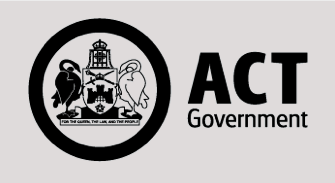
The prosecution of such matters places a significant burden on the resources of my Office, and there is every indication that the number of matters which will be referred to my Office will increase in the coming year. In those circumstances, I have been anxious to find ways to assist regulatory agencies in their tasks of investigating and preparing briefs. Existing resources within the Office simply do not allow this. In the coming year I will continue to seek ways to support regulatory agencies with their important task.
Despite the magnificent work of the Blitz - and I must acknowledge the contribution not just of my officers but of all parts of the criminal justice system – delays still plague the Supreme Court. Of concern are the number of verdicts in judge alone trials which are still outstanding. At time of writing there are still a number of matters awaiting judgment including a matter from July 2010, five matters from 2011, and two matters from early 2012. (It must be noted in this context that the Supreme Court has completed an enormous number of trials in the last two years.)
However the real vice of delay is the burden it places on accused persons, victims, witnesses, and the community generally, and the potential it has to distort the criminal justice system. It should be the aim of the criminal justice system to visit consequences upon the guilty, and absolve the innocent, as soon as possible. Accused persons and victims alike need certainty. We are often told by victims that they feel that their whole life is on hold until they can put a criminal matter behind them one way or another. Even victims who can give evidence early in a pre trial hearing are not able to move on with their lives until a verdict is ultimately delivered – one way the other – in their trial.
The Blitz was one response to the problems of delays in the listing of matters in the Supreme Court. While it certainly had a great effect on clearing the backlog, long term changes are needed. The proposed docket system is the start of a co-ordinated response.
The basic principle of any response should be to achieve a trial listing as soon as possible after committal. The aim of reforms should be to cut down the time from committal to trial to say 6 months. The experience of the Blitz has shown that accused persons only concentrate on giving instructions if their trial is an immediate prospect. In fairness it must be said that this also concentrates the mind of the prosecution. The other benefit of bringing matters on earlier for trial is to prevent double handling – it is more likely that the same prosecutor and defence counsel can be involved at all times.
I remain strongly of the view that the most important component of a more efficient Supreme Court listing system is an expansion of the existing requirements for the exchange of material in criminal matters. The docket system can only be effective if there is a framework for a robust exchange of material and an early identification of the issues in the trial.
__________________________________________________________________________________________________
ANNUAL REPORT 2011-12 DIRECTOR OF PUBLIC PROSECUTIONS 2
| ← Previous Page |
Next Page → |

